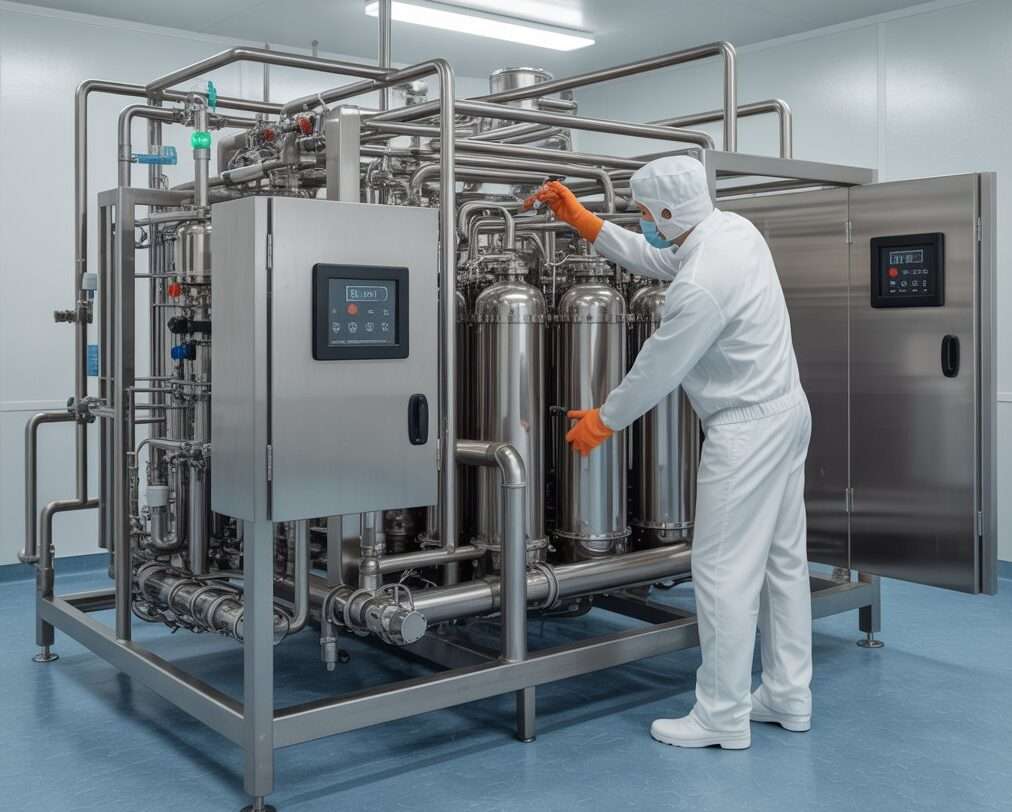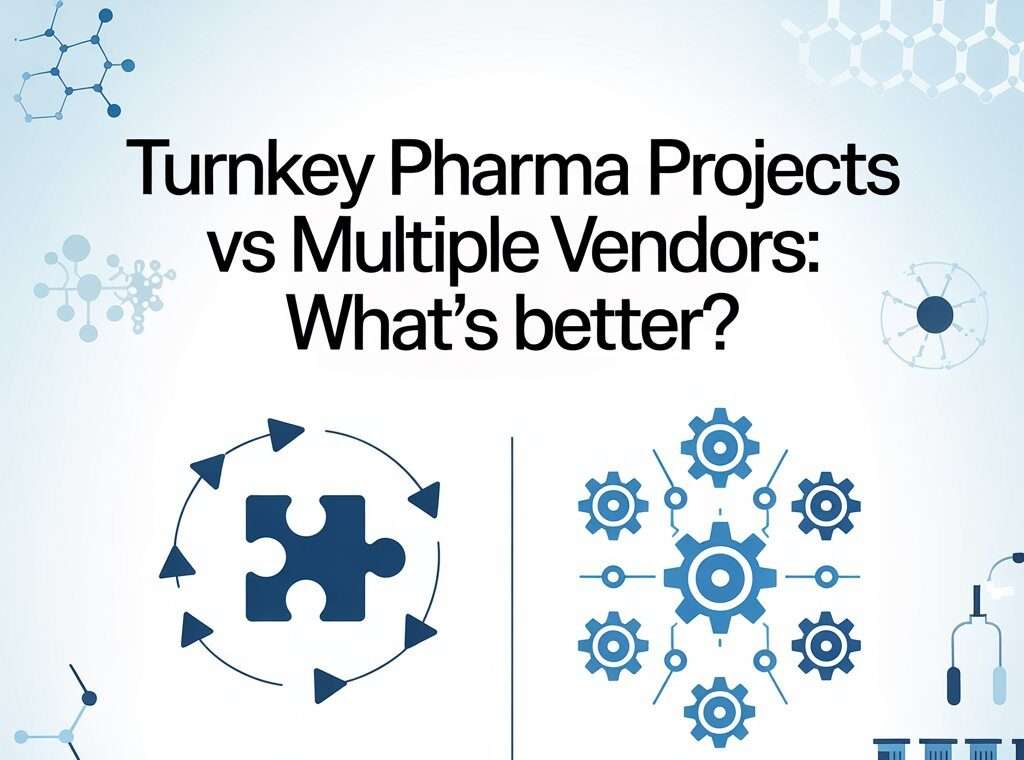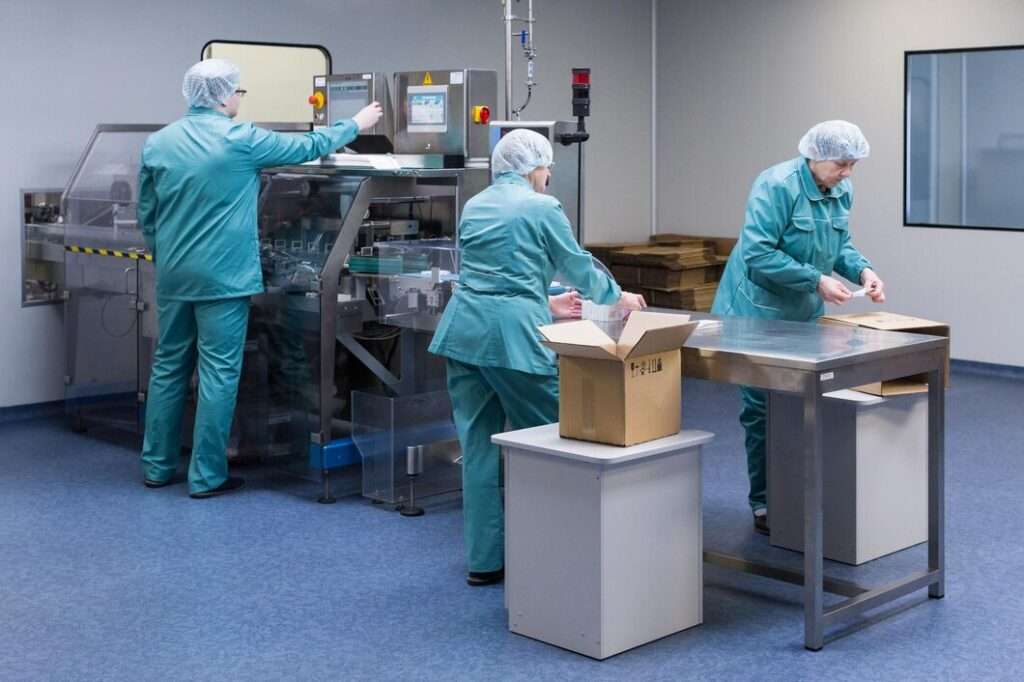How Do Pharmaceutical Consultants Design HVAC Systems in Afghanistan
Pharmaceutical Consultants Design HVAC Systems in Afghanistan by combining regulatory knowledge, engineering expertise, and local project understanding. HVAC systems are designed to control contamination, maintain cleanroom conditions, and support GMP compliance. Consultants assess facilities, plan airflow and zoning, select compliant components, and integrate maintenance strategies. Execution partners such as Life Pearl Pharma support HVAC implementation to ensure pharmaceutical manufacturing facilities operate safely, efficiently, and in compliance with international standards. For Pharmaceutical Manufacturing in Afghanistan, HVAC systems are not just about temperature control. They directly influence contamination prevention, product stability, and operational efficiency. This is where experienced Pharmaceutical Consultants in Afghanistan play a decisive role by combining engineering expertise, regulatory understanding, and practical execution strategies. Why HVAC Design Is Critical for Pharmaceutical Manufacturing in Afghanistan HVAC systems in pharmaceutical facilities control air cleanliness, pressure differentials, humidity, and temperature. These parameters directly affect drug quality and compliance with GMP standards. In Afghanistan, pharmaceutical facilities face unique challenges such as climate variation, infrastructure limitations, and evolving regulatory frameworks. Pharmaceutical Consultants Afghanistan–specific HVAC solutions that address these realities while aligning with global expectations. Key objectives of HVAC systems in pharma manufacturing include: Without professional design oversight, HVAC systems often become a source of compliance risk rather than operational support. Role of Pharmaceutical Consultants in HVAC System Design Pharmaceutical Consultants Design HVAC Systems in Afghanistan by acting as strategic partners throughout the project lifecycle. Their role goes beyond drawings and layouts. They begin with a thorough understanding of: This structured approach ensures HVAC systems are aligned with both production needs and compliance requirements. Step-by-Step Process Used by Pharmaceutical Consultants Facility Assessment and Requirement Analysis The first step is evaluating the manufacturing facility. Consultants assess building layout, material flow, personnel movement, and critical process areas. This assessment helps define: For Pharmaceutical Manufacturing in Afghanistan, this step is crucial due to varying facility maturity levels. HVAC Zoning and Airflow Planning Proper zoning prevents contamination and ensures controlled airflow. Consultants design HVAC zones based on risk levels. Typical zones include: Pressure differentials are carefully planned to maintain airflow from clean to less clean areas. This is a core responsibility when Pharmaceutical Consultants Design HVAC Systems in Afghanistan. Selection of HVAC Components Consultants specify HVAC components that meet pharmaceutical standards and local availability. These include: Component selection balances performance, maintainability, and lifecycle cost. Compliance with GMP and International Guidelines HVAC systems must comply with global pharmaceutical regulations. Consultants align designs with standards published by WHO, US FDA, and EU GMP. Authoritative references include: These references ensure HVAC systems designed for Afghanistan meet international acceptance. Addressing Local Challenges in Afghanistan Climate Considerations Afghanistan experiences extreme seasonal variations. HVAC systems must maintain stable internal conditions despite external temperature changes. Pharmaceutical Consultants Design Afghanistan-specific HVAC strategies that: Infrastructure and Utility Constraints Power availability and water quality can affect HVAC performance. Consultants plan systems with backup strategies, energy efficiency, and simplified maintenance. This approach reduces downtime and supports long-term operational stability. Maintenance for HVAC Systems Afghanistan: A Consultant-Led Approach Design alone is not enough. Maintenance for HVAC Systems Afghanistan is critical for sustaining compliance and performance. Pharmaceutical consultants integrate maintenance planning into the design phase. This includes: By planning maintenance early, consultants reduce long-term risks and operating costs. Integration with Pharmaceutical Engineering and Turnkey Projects HVAC design does not operate in isolation. It is closely integrated with pharmaceutical engineering, utilities, and cleanroom systems. JD Pharma Consultant aligns HVAC design with: This integrated approach is especially valuable for turnkey pharmaceutical projects in Afghanistan, where coordination reduces delays and cost overruns. How HVAC Systems Support Pharmaceutical Manufacturing in Afghanistan Well-designed HVAC systems directly support product quality and regulatory confidence. Benefits include: This is why Pharmaceutical Consultants in Afghanistan emphasize HVAC as a strategic investment rather than a basic facility requirement. Execution Support Through Specialized HVAC Partners While consultants focus on design and compliance, execution requires specialized manufacturing and installation expertise. For HVAC system execution and utility implementation, experienced solution providers play an important role. Life Pearl Pharma supports pharmaceutical projects with HVAC system execution aligned with consultant-led engineering designs. Their experience in HVAC systems ensures designs are implemented accurately, efficiently, and in line with pharmaceutical manufacturing expectations. HVAC Systems Support Pharmaceutical Manufacturing in Afghanistan – Life Pearl Pharma Perspective In Afghanistan, pharmaceutical manufacturing facilities require HVAC systems that are reliable, compliant, and easy to maintain. Life Pearl Pharma provides HVAC system support that complements consultant-designed solutions. Their HVAC services focus on: By supporting HVAC execution, Life Pearl Pharma helps strengthen Pharmaceutical Manufacturing in Afghanistan while maintaining alignment with consultant-led strategies. Learn more about HVAC execution support at https://lifepearlpharma.com/ Frequently Asked Questions (FAQs) 1. Why are HVAC systems critical in pharmaceutical manufacturing in Afghanistan? HVAC systems control air quality, temperature, and humidity. They prevent contamination and support GMP compliance in Pharmaceutical Manufacturing in Afghanistan. 2. How do pharmaceutical consultants design HVAC systems? Pharmaceutical Consultants Design HVAC Systems in Afghanistan by assessing facility needs, planning airflow and zoning, selecting compliant equipment, and aligning designs with international guidelines. 3. What regulations guide HVAC design for pharmaceutical plants? Consultants follow WHO GMP guidelines, US FDA expectations, and ISPE recommendations to ensure compliance and audit readiness. 4. How important is maintenance for HVAC systems in Afghanistan? Maintenance for HVAC Systems Afghanistan is essential to sustain performance, prevent contamination, and extend equipment life. 5. Who supports HVAC system execution after design? Execution is supported by specialized HVAC and facility solution providers such as Life Pearl Pharma, working in alignment with consultant designs. If you are planning a pharmaceutical manufacturing facility or upgrading HVAC systems in Afghanistan, partner with experts who understand compliance, engineering, and execution. JD Pharma Consultant provides end-to-end pharmaceutical engineering and HVAC design support tailored to Afghanistan’s evolving pharma landscape. Contact JD Pharma Consultant today to ensure your HVAC systems are compliant, efficient, and future-ready.












